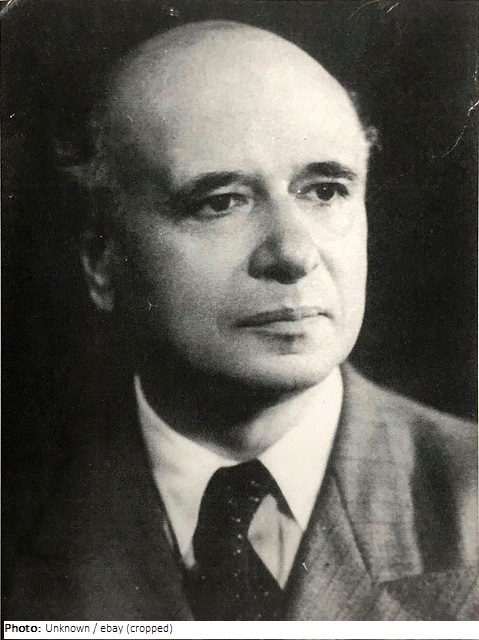
| Roles | Referee |
|---|---|
| Sex | Male |
| Full name | Henri Auguste "Henry"•Prunières |
| Used name | Henry•Prunières |
| Other names | Henry Debusne |
| Born | 24 May 1886 in Paris VIe, Paris (FRA) |
| Died | 11 April 1942 (aged 55 years 10 months 18 days) in Nanterre, Hauts-de-Seine (FRA) |
| NOC |  France France |
Henry Prunières studied music history at the Sorbonne in 1906-13 and received his doctorate from the university in 1913 for the dissertation “L’Opéra italien en France avant Lully” (The Italian Opera in France before Lully). Immediately thereafter he published a complementary dissertation entitled “La Ballet de cour en France avant Benserade et Lully” (The Court Ballet in France before Benserade and Lully).
From 1909 to 1914 Prunières was a lecturer at the École des Hautes Études Sociales in Paris. During World War I, he was not allowed to serve on active duty because of his poor health against his will and was transferred to the French Economic Mission in Rome.
In 1920 Prunières founded the important journal La Revue Musicale, of which he was editor-in-chief until 1939. During this period, he also worked as a correspondent for the New York Times. He was also head of the French section of the International Society for Contemporary Music and general editor of a complete edition of the works of the Baroque composer Jean-Baptiste Lully (1632-1687), which could not be completed until after his death. After a first cerebral hemorrhage in 1938 that paralyzed his left side, Prunières died of a third stroke in 1942. In his youth, he also used the pseudonym Henry Debusne.
| Games | Sport (Discipline) / Event | NOC / Team | Phase | Unit | Role | As | |
|---|---|---|---|---|---|---|---|
| 1924 Summer Olympics | Art Competitions |  FRA FRA |
Henry Prunières | ||||
| Music, Open (Olympic) | Final Standings | Judge |